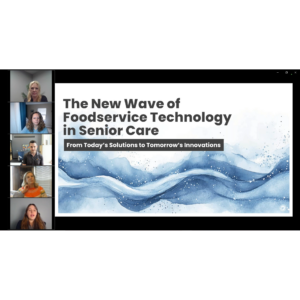Study questions readability of colorectal cancer websites
Websites that offer information on colorectal cancer screening are important to residents and caregivers for learning the risks and benefits of screening. But a study of 12 such websites calls into question the amount and complexity of data available online.
Researchers at the University of Texas Southwestern Medical Center's Division of Digestive and Liver Diseases evaluated the websites based on readability and suitability, as well as how the information might affect a person's thinking about colorectal cancer screenings.
The findings, published in Gastrointenstinal Endoscopy, gave the highest readability marks to Medline Plus and UptoDate Basics. Ironically, the American Society for Gastrointestinal Endoscopy's patient information website was one of the least readable, the study found.
They also discovered that less than 25 percent of these sites specifically addressed high-risk patients, such as African Americans, smokers, people with diabetes, and those who are obese. None of the websites specifically mentioned the need to get a colonoscopy even when no symptoms are present.
"Most online patient education materials for CRC screening are written beyond the recommended sixth-grade reading level, with suboptimal suitability," the researchers concluded. "Health content is lacking in addressing key perceived risks, barriers, and benefits to CRC screening. Developing more appropriate and targeted patient education resources on CRC may improve patient understanding and promote screening."
Related Articles
Topics: Technology & IT











